Imperial Student Assists Bangladeshi Villages To Adopt Renewable Energy Sources
by Alex Walker
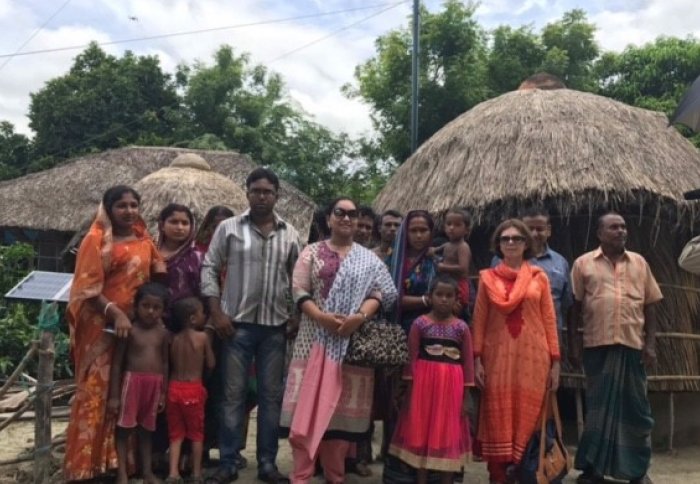
Anika Ali, a CEP PhD student has worked on the installation of three types of solar & wind renewable energy amongst energy-poor villages in Bangladesh
Imperial Student Assists Bangladeshi Energy-Poor Villages To Adopt Renewable Energy Sources
Anika Ali, a final year PhD student in the Centre for Environmental Policy working with Dr. Kaveh Madani and Dr. Judith Cherni, has over a period of two years between 2015 to 2017 worked on the installation and monitoring of three types of small scale renewable energy technology options (solar, wind and a solar-wind hybrid) amongst energy-poor villages in the southern coastal belt of Bangladesh. Three treatment villages and one control village was established for the purpose of this research.
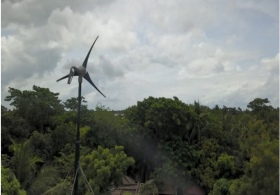
Her collaborations with Techno-Green Carbon, a technology development company in Bangladesh, has led to the successful customization of a Vertical Axis Magnetic Levitation Wind Turbine for operation under the low to medium wind speed conditions in the region.
Where wind has previously not been explored in much depth under field conditions in Bangladesh, this initiative yields results demonstrating that the solar-wind hybrid set-up provides users with a stable and scalable energy source which can be used in more productive income generating activities.
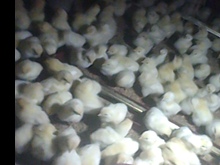
Some of the findings were enlightening in proving the extent to which energy access may promote positive life-changing conditions among poor communities. For example, 49.3%, 24.6%, 15.5% and 15.1% increase in household income was registered for the solar, hybrid, wind and control clusters respectively.
If the control cluster were the expected change in income levels, i.e., 15.1% after one year, the contribution of renewable energy to household income levels above the level of the control cluster are 34.2%, 9.5% and 0.4% for solar, hybrid and wind cluster respectively.
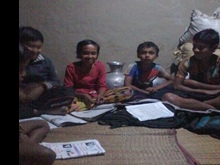
When considering the disposable income for the three treatment and one control group, interesting facts start to emerge. Disposable income for the solar, wind and control group reduces over the one year period with the percentage change being at -0.5%, -3.5% and -51.7% while the disposable income for the hybrid group increases with the percentage change being 11.3%.
If the disposable income is the money available to the groups to invest towards renewable energy technology purchase with the use of micro-credit loans, then the hybrid group is most likely to support the installment repayments than the other groups. Thus, in terms of sustainable uptake under unassisted market conditions the solar-wind hybrid renewable energy set-up is likely to have the most success.
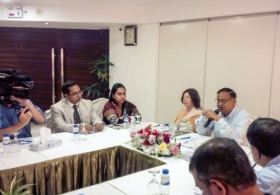
The findings from the field research has been shared with stakeholders from the Renewable Energy Sector in Bangladesh through a Roundtable Discussion on the 19th of July organized jointly with the ICCCAD (International Centre for Climate Change and Development) and Techno-Green Carbon.
The participants included representatives from the Government focal point organization SREDA (Sustainable and Renewable Energy Development Agency); the main fund providing agency in the sector IDCOL (Infrastructure Development Corporation Limited); the key private, micro-finance and NGO sector representatives including Grameen Shakti and Rahimafroz and representatives from the academic community. The results from the research were well received by the stakeholders with interest from all segments to engage in scale-up of the hybrid model.
Article text (excluding photos or graphics) © Imperial College London.
Photos and graphics subject to third party copyright used with permission or © Imperial College London.
Reporter
Alex Walker
Centre for Environmental Policy